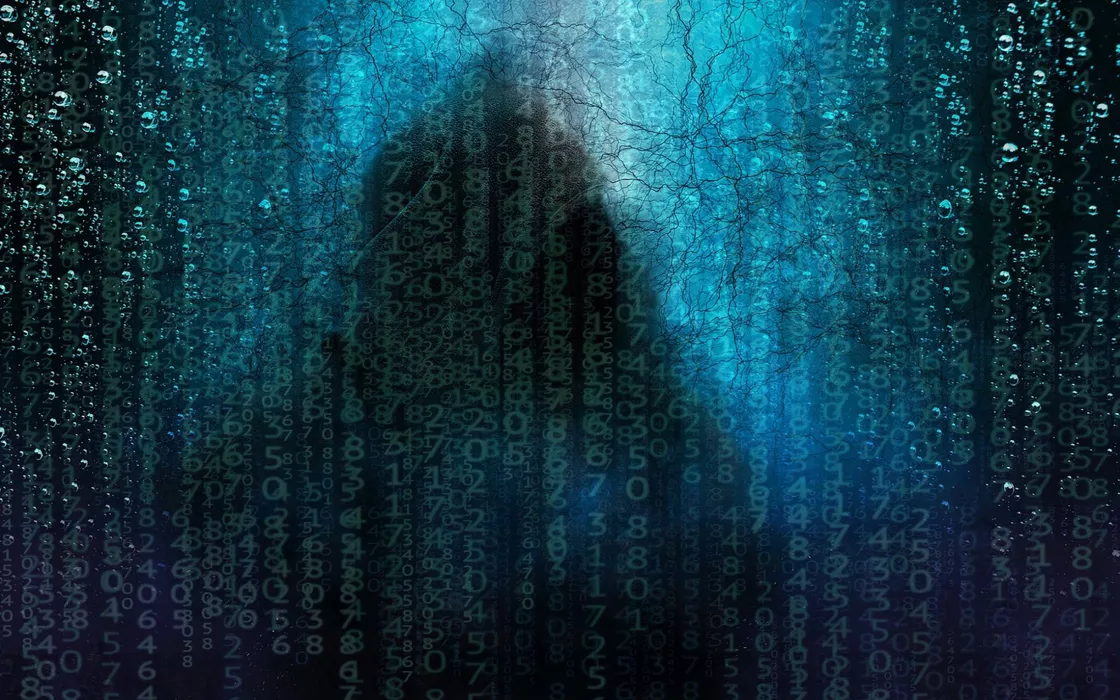Fujitsua well-known Japanese technology manufacturer, admitted to having discovered a malware on your own company network. This allowed cybercriminals to steal confidential information from the company’s customers.
The manufacturer, through an official communication, explained how different computers used by company employees were infected. Following an internal investigation, it was discovered that an unspecified number of files were stolen.
To tell the truth, it is not the first time that the Japanese company has dealt with cyber criminals. In fact, already in 2021, Fujitsu had to interrupt the services of ProjectWEB (platform software-as-a-service company) following a cyber attack. This case was followed by others, complete with bug in the security system and other similar problems.
Attack on Fujitsu’s corporate network: the Japanese giant’s previous cybersecurity problems
Regarding this latest attack, Fujitsu did not provide further details, although it explained how it reported the incident to the Japanese authorities responsible for cybercrimine. The company later apologized to customers, although there is no concrete evidence that the stolen information was exploited in any way by cybercriminals.
Fujitsu is a company founded in June 20, 1935 and currently based in Tokyo, in the Minato district. The company can boast a turnover of 25 billion dollars annually, in addition to operating in 100 countries and that matters 124,000 employees. Fujitsu’s main customers also include the Japanese government itself. The majority of the company’s revenue comes from the production of hardware (especially computers and servers) but also software and various IT services.
Although cyberattacks increasingly see small-medium companies as the protagonists, even technological giants remain in the crosshairs of hackers and other malicious actors. In this sense, the Fujitsu case is clear confirmation of this, as is the attack ransomware of last summer against Sony.

